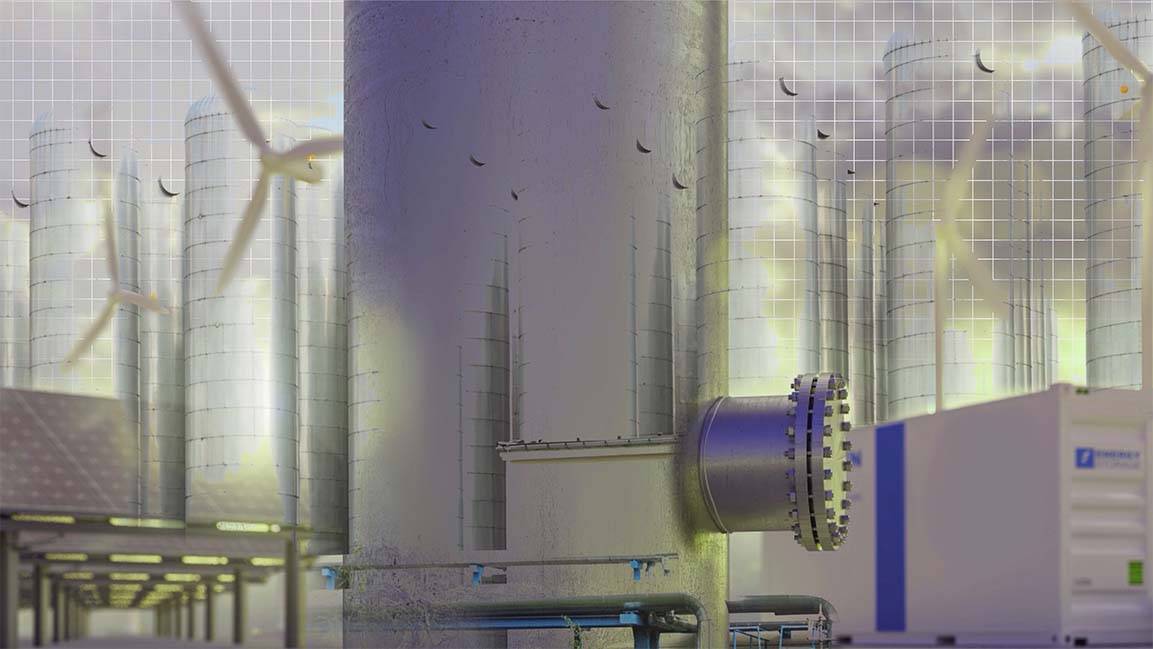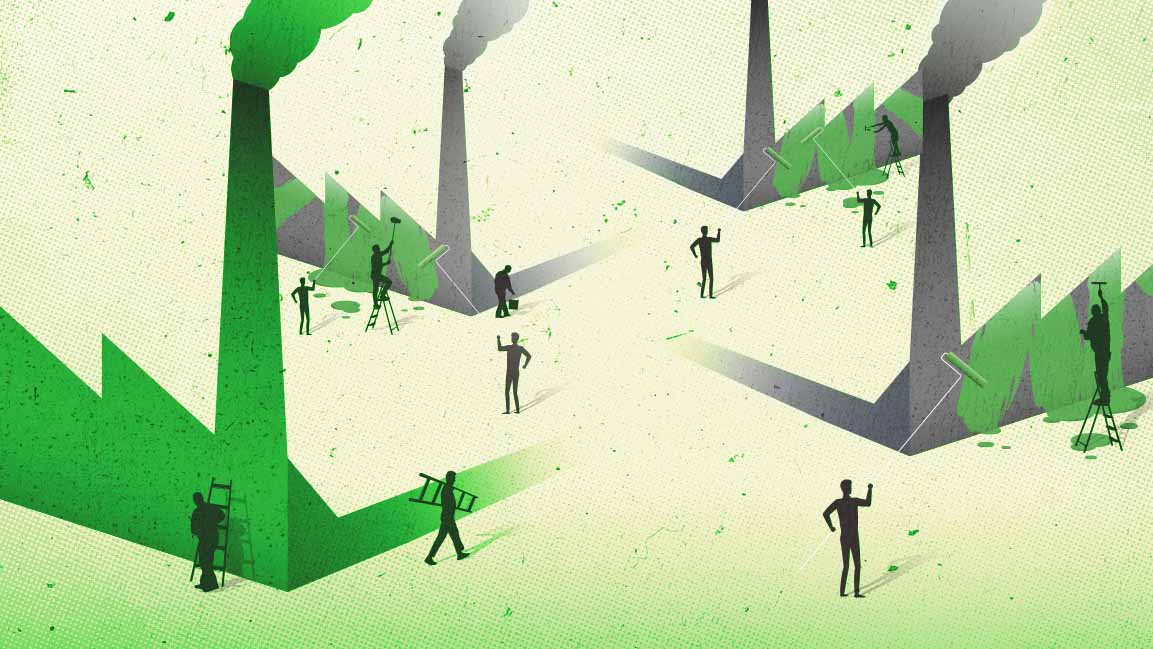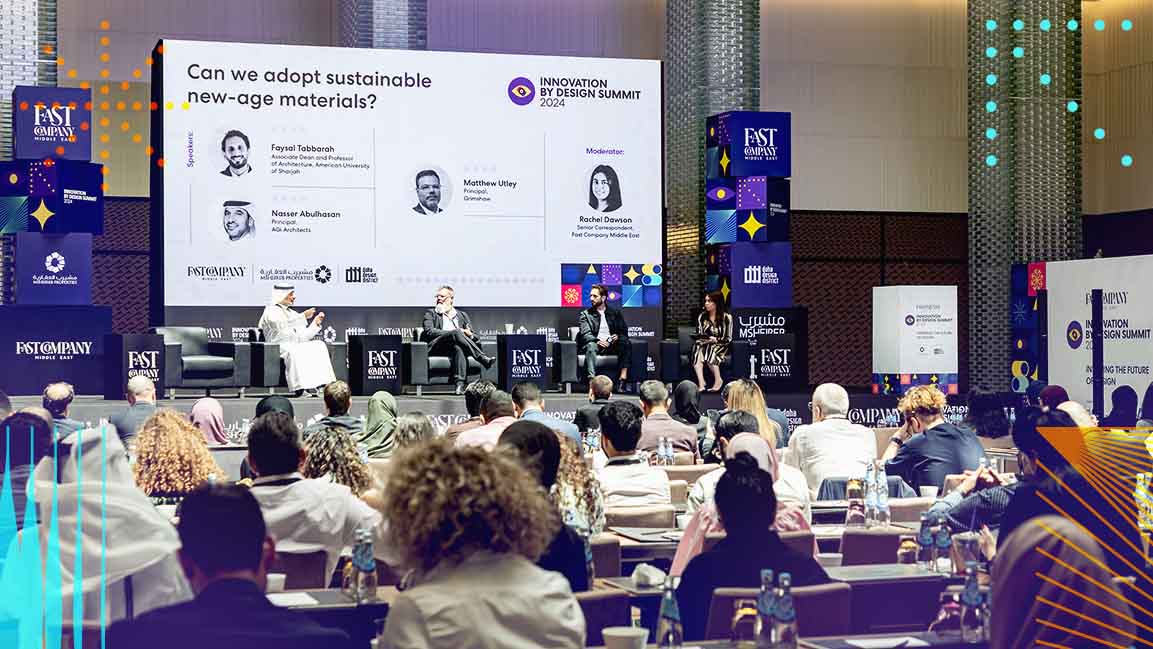- | 3:00 pm
These startups could be the next hot ticket in cleantech
When it comes to innovation, these startups are winning. But they need more funding and support.

There’s an increasing maturity of the cleantech sector in the Middle East. Abu Dhabi Sustainability Week (ADSW), a global initiative accelerating sustainable development and advancing economic, social, and environmental progress, is a platform that supports cleantech companies, allowing them the chance to pitch for investment.
The annual event creates awareness for cleantech startups as they contribute to resource efficiency challenges and the climate crisis. With Masdar’s strategic initiatives, such as the Zayed Sustainability Prize, ADSW covers a range of startups worldwide in the sustainability sector.
Over the years, many cleantech startups have demonstrated the value of focus and persistence. As seen at ADSW, they are emerging as stronger organizations for having thrived in a challenging environment lacking investment.
“Seed-stage funding for cleantech is very hard to come by,” said Ziad Hussami, co-founder and CEO of Mrüna. This Lebanese startup has developed a wastewater management solution, BiomWeb.
“We’ve benefited from NGO-funded projects and accelerator programs in Lebanon and avoided giving away equity early in the game by successfully leveraging partnerships, grants, and winning projects. As we now turn to investors to scale across the GCC, cleantech startups have fewer options for scoring ‘smart money,'” says Hussami.
He adds that there are way more investors betting on unicorns than camels. “Investors who can assist in connecting us with influential people in our industry, boosting our chances of getting important advisors, partnerships, clients, suppliers, are hard to come by.”
Agreeing with Hussami, Rennie Popcheva, co-founder and CEO of Solumar, a startup that developed technology to help maritime companies to cut emissions, says raising funds and finding the right support for cleantech startups is daunting.
“They are typically considered high-risk investments by potential investors and have a harder time demonstrating revenue and growth potential, which are key factors that investors consider when evaluating investments.”
One reason funds and support are inaccessible is that investors are reluctant to invest in cleantech or new technologies that they are unfamiliar with, says Ayman Al-Maaitah, Managing Director at Wahaj Solar. “This is especially true in the Middle East region where green funds are scarce.”
INNOVATIVE TECHNOLOGIES
Wahaj Solar has developed and patented an innovative concentrated solar power technology (CSP) with many use cases.
“This concentrator represents the fifth generation of the CSP, and a commercial scale pilot was built, tested, and verified by the Masdar Institute Solar Platform. The application includes low-cost modular long-term solar energy storage for electricity generation, green hydrogen production, water desalination, and solar heat for industrial processes,” says Al-Maaitah.
In the long term, he adds that solar energy storage and green hydrogen will be much more feasible when Wahaj’s technology becomes widespread.
Talking about Mrüna, which developed a decentralized wastewater treatment system to treat wastewater onsite, requiring minimal maintenance and eliminating the need to use exhaustive investments in infrastructure, Hussami says in a region that relies heavily on fossil fuels for desalination, circular water infrastructure is needed.
“There are a lot of water treatment products out there, and they are exactly that; product-focused. Few offer a comprehensive solution and business model to unlock the sector’s latent value.”
Solumar developed an air and gas filtration device that can be retrofitted to yachts, ships, diesel generators, industrial exhausts, and chimneys in any industry, including oil and gas, to capture carbon black in powder form and multiple other pollutants and emissions.
“Today, if you say ‘cleantech,’ most people think of solar panels, wind farms, and electric vehicles. Cleantech is about developing and deploying new solutions that can help address the impacts of climate change. Cleantech covers everything from how we produce and use energy and other resources to how we manage our water, air, and land,” says Popcheva.
COMMERCIALIZATION OF CLEANTECH SOLUTIONS
The fortunes of these innovative startups are tied to the commercialization of their solutions, and they all agree it is challenging as it is capital intensive, and the benefits in cost-saving are accrued over a relatively long period. “In a world of constant reprioritization, investing the effort, let alone the cash, to change the bottom line is challenging.”
In the UAE, however, Hussami says sustainability metrics have made it to the bottom line of corporate financial statements, with organizations increasingly required to brandish their sustainability credentials to qualify among world-class institutional investors.
“Rather than peddling our way in as a vendor at the project level, we have been parachuted from the corporate level. Corporations have invested the resources to implement and measure sustainability. It’s our job to unlock the value and demonstrate the financial sense of disrupting established habits, supply chains, and long-term relationships,” he adds.
Although the return on investment may not be realized for several years, Popcheva says government policies and regulations can play a role in facilitating adoption. “Also, the lack of public awareness and education on cleantech solutions can make it difficult to commercialize them.”
WINDS OF CHANGE
However, things are slowly changing, making it a little easier for cleantech startups – there are government grants, venture capital firms, and accelerators and incubators focused on cleantech.
“In recent years, there has been an increasing interest and investment in the cleantech space, which has made it easier for startups to secure funding. As awareness and concern about climate change continue to grow, it can be expected that more investors and funding resources will be available to cleantech startups,” says Popcheva.
With COP28 in the UAE later this year, Hussami says there’s an opportunity to accelerate cleantech growth. “Our journey has taken us from dabbling as a distributor to launching a startup and opening the doors to a manufacturing plant. And from refugee camps in Lebanon and back full circle to master developer in the UAE.”
Aldar Properties selected Mruna to pilot its onsite nature-based wastewater treatment system in Abu Dhabi. “Our first pilot project is servicing 1,000 engineers supporting one of the largest real estate developments,” adds Hussain.
Meanwhile, Solumar aims to be a preferred industrial supplier for air and gas filtering systems that collect carbon black and other pollutants from outlet air and exhaust gasses. “We want to turn them into byproducts such as Li-ion batteries, inks, cosmetics, graphene production, and more,” says Popcheva.
Growing new businesses to help clean up industries from the inside will be one of the defining aspects of the next phase of the journey for businesses and countries.








































